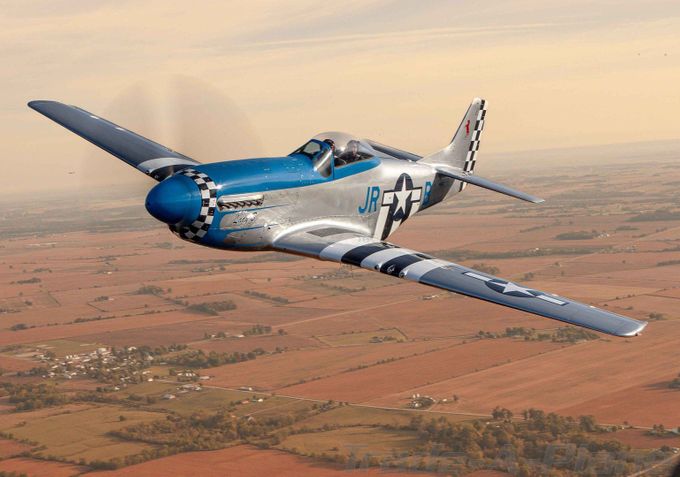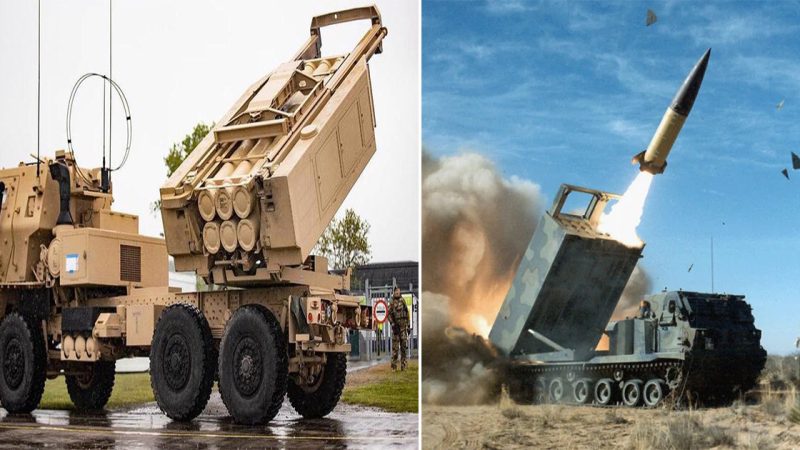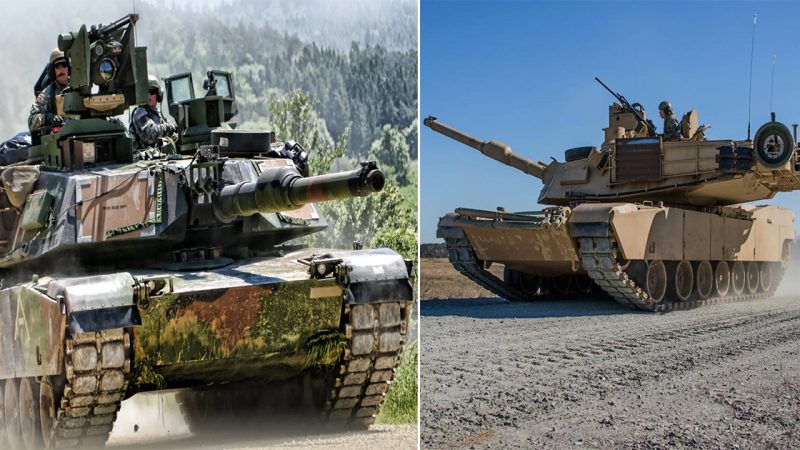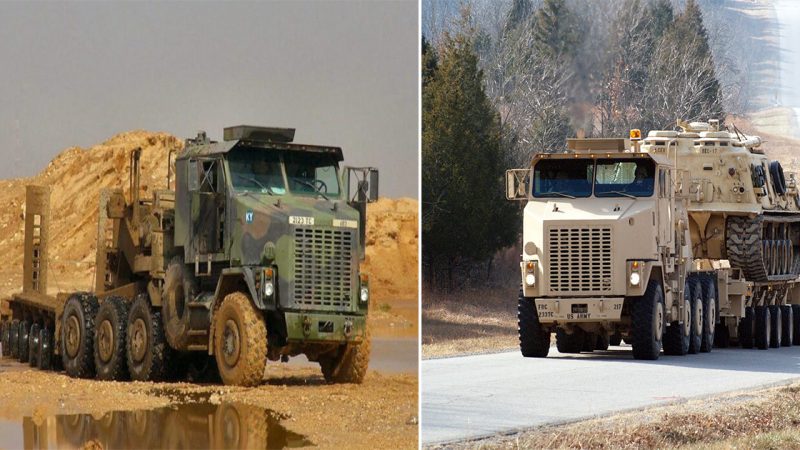History of the The North American P-51 Mustang

It was decided by Allied commanders that a full time strategic bombing campaign would cripple the enemy over time and allow ground troops the advantage they needed to first stop the advancing German Army and then push them back into Germany. This included the practice of daylight bombing raids on German targets. The 1st daylight bombing mission by a US unit was on 4th July, 1942. Two out of the six RAF A-20s were lost. On 17 August 1943, 60 out of 376 American bombers were lost!

Almost all the losses coming beyond the range of the bomber escort. Early escort included the RAF Spitfire and the USAAF P-47 Thunderbolt. Even with drop tanks, the range of these fighters would barely reach to the Germany border. After that, the Luftwaffe, laid in wait.

14th October of 1943, another 60 were lost in a single day, “Black Thursday”. The B-17 had a crew of 10 men. Many did not get out and if they did get out and get their chute to deploy, evading capture and returning to England was very difficult. At that loss rate, the practice of daytime bombing raids was in question. The B-17, although designed to defend itself, could not. Strategic day-time bombing was crippling both sides.

It should be noted that the concept of the P-51 Mustang began more three years before these daylight bombing missions and the heavy losses. It is often accepted that the P-51 Mustang was designed to be an escort fighter, but as you look at the timeline, it is more plausible that the Mustang, as a fighter aircraft, fit that need better than any other fighter available. NAA was building the fastest, best fighter of that time, not an escort fighter – until later when specific requirements were asked of NAA.

By the time heavy bomber losses were at hand, the P-51B and P-51C, with outstanding range, were already in production and being delivered to bases in England. The bombers of the daylight missions were taking very heavy losses each day from Luftwaffe pilots until an escort fighter could stay with them deep into enemy territory and home again on every mission. The North American P-51 Mustang was the immediate choice. The bomber crews nicknamed them their “little friends.”





